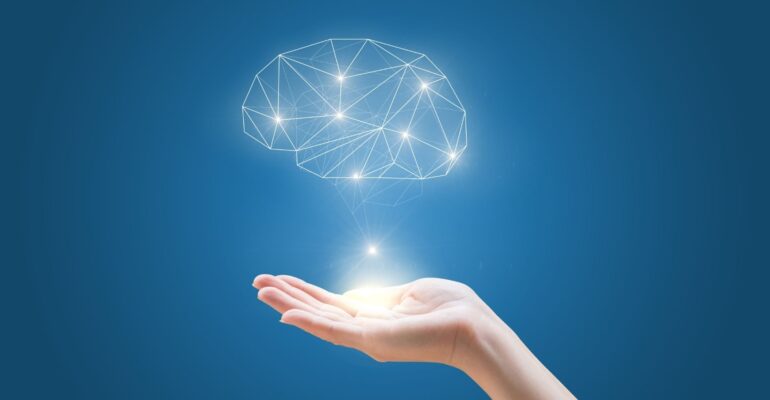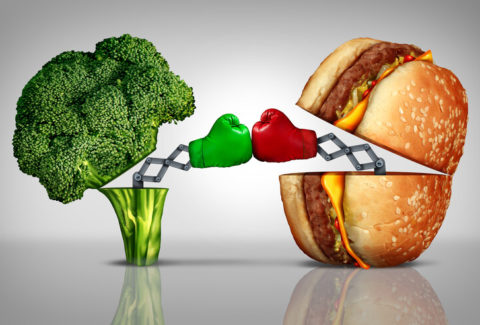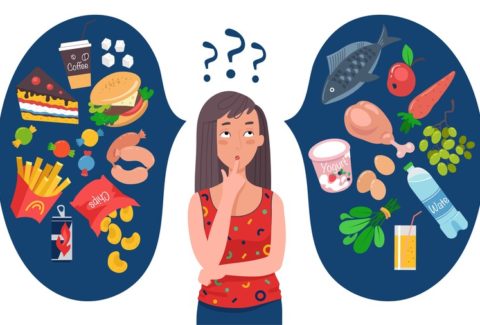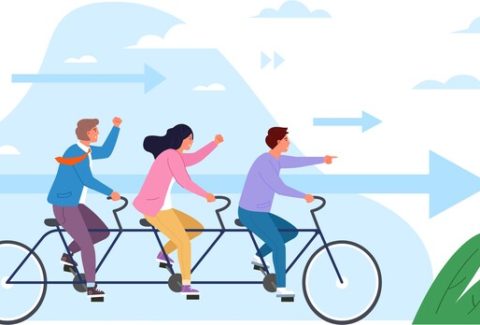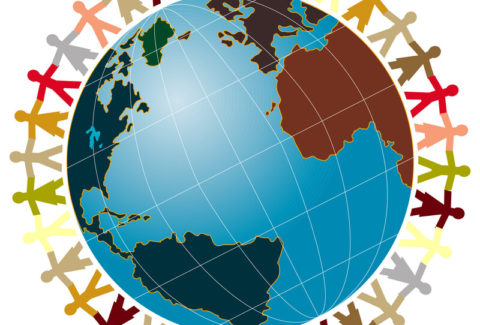The Main Reasons Why People Suffer
The Father of American Literature, Mark Twain, once said, “What gets us into trouble is not what we don’t know. It’s what we know for sure that just ain’t so.â€
Mark Twain was talking about a fact that has been validated in Science. In Science, we all know that the biggest truths of today often become the biggest lies of tomorrow. The history of Galie Galileo [1], of Copernicus [2], or of Einstein, or of Marconi, are only some of the multitude of examples that illustrate how we spend decades and even centuries believing things, and knowing things, that just aren’t so. And, it’s this believing and knowing for sure that is exactly what gets us into trouble, and makes us suffer.
Here are three examples of things we know for sure, yet, aren’t so:
- “If it cannot be measured, then it is not true.†This is a false belief because it discounts that things existed before they could be measured. It is only as science has advanced, that then we are able to measure things that we could not measure before then. For example, Gravity was before Newton stumbled upon it [3].
- “It has to be scientifically proven, otherwise, it is all speculation.†This is a false belief because of the lack of knowledge of those who are not part of the scientific community in understanding how Science actually works. Science is just one of the five major Systems of Thought Formulation, describing Nature, Human Being, things, or phenomena. Science makes use of the Scientific Method [4], which is a construct, which therefore means, “not perfect.†Science cannot prove everything, and knowing for sure that “it has to be scientifically proven otherwise, it’s all speculation,†is one of the main reasons why not only people suffer, but will likely continue to suffer.
The man who gave us the shape of the DNA, Francis Crick, postulated that the next frontier in Science that will help us decode the enigma of our nature as human being lies in the Neuroscience of Consciousness [5]. Of course, Science was not ready for that. And he as a Nobel Prize Laureate Scientist knew it. And he knew that we would get there; and decades later, here we are. The Neuroscience of Consciousness [6] has been established, and projections in the scientific arena have it that a future Nobel Prize will come from this specific field. - “If it is not known by most people, then it is not Science.†This is a false belief because we fail to recognize that it takes an average of 25 years for Science to be translated into clinical care. What’s more, is that every 18 months what we know today is expected to double. This means by next year, we’ll likely wait 50 years for the science that we know between now and next year to be translated. In other words, waiting for the translation of Science perpetuates suffering.
As such, there is a lot we can learn from the Neuroscience of Consciousness to help us understand the reasons behind suffering and what we can do about it.
Let us start with the 3 Fundamentals:
The 3 Fundamentals are the one Truth that governs all human beings in their entirety. They are studied as three separate Truths for better operationalizing, better organization, and better use. This makes it easier to discuss how they can each be broken down, though, they are always one. article continues after advertisement
First, their names:
- Mind, or Intelligence Center;
- Thought or Belief;
- Consciousness or Awareness.
Second, here’s how to define each one of them:
- The Mind or Intelligence Center governs everything in us and about us. It coordinates every single process, and it is where everything takes place. Our heart beats effortlessly. We continue breathing even while sleeping. And we digest our food without even having to pay attention to the process. The two branches of the Autonomic Nervous System, known as the Sympathetic Nervous System and the Parasympathetic Nervous System are organized by the brain [7], which is the coordinating organ for the body, which, in turn, is controlled by the Mind.
- Thought or Belief is the Operant Factor and what catalyzes or activates the Intelligence Center. It’s what changes or adjusts things. It’s how things happen. Our Respiratory neurons see to it that we continue to breathe whether we are paying attention or not. However, we can speed up our rate of breathing, by just thinking a thought. And, a thought serves as an electrical signal [8] in the brain and starts going through a threshold to reach an action potential. This action potential catalyzes, activates, and operates. This explains, for example, why our heart beats faster, our breathing becomes shallow, our mouth becomes dry, and our hands sweat, as we are thinking scary thoughts.
- Consciousness or Awareness is the Decisional Factor and what allows us to decide the type of relationship we have with our thoughts or beliefs. It is what decides our predominant thoughts, and therefore what we experience, how we experience it, and how aware we are of the experience itself.
The Three Fundamentals operate every aspect of ourselves all the time. However what we know for sure, yet is not so, makes it hard or even impossible for us to know this is true, and this is one of the main reasons why people suffer.
What to do:
- Start paying attention to the fact that the most vital functions of your life are all well-coordinated. The more attention you pay, the more you will start to know the Fundamental of Mind
- Start noticing what you’re thinking about. Start paying attention to how you’re feeling based on what you’re thinking. Start to make the connection between symptoms in your body and what you’re thinking at the moment. The more you do so, the more you will start to appreciate, understand, and know the Fundamental of Thought.
- Start paying attention to what you are experiencing at any given moment, how you are experiencing it, and how you’re responding to the experience itself. Start paying attention to the decisions you are making, how you’re making them, why you’re making them, and their results. The more you do so the more you will start to experience the Fundamental of Consciousness.
Welcome to the start of the end of your suffering. You deserve no less.
[1] Zax, David. “Galileo’s Revolutionary Vision Helped Usher In Modern Astronomy.†Smithsonian.com, Smithsonian Institution, 1 Aug. 2009, www.smithsonianmag.com/science-nature/Galileos-Revolutionary-Vision-Helped-Usher-In-Modern-Astronomy-34545274/.
[2] Westman, Robert S.. “Nicolaus Copernicus”. Encyclopedia Britannica, 2 Mar. 2021, https://www.britannica.com/biography/Nicolaus-Copernicus. Accessed 26 April 2021.
[3] Mann, Adam. “What Is Gravity?†LiveScience, Purch, 13 May 2020, www.livescience.com/37115-what-is-gravity.html.
[4] Britannica, The Editors of Encyclopaedia. “Scientific method”. Encyclopedia Britannica, 16 Jan. 2020, https://www.britannica.com/science/scientific-method. Accessed 26 April 2021.
[5] Crick, Francis. The Astonishing Hypothesis: the Scientific Search for the Soul. Simon & Schuster, 1995.
[6] Wu, Wayne. “The Neuroscience of Consciousness.†Stanford Encyclopedia of Philosophy, Stanford University, 9 Oct. 2018, plato.stanford.edu/entries/consciousness-neuroscience/#:~:text=A%20neuroscientific%20explanation%20of%20consciousness,through%20action%20potentials%20or%20spikes.
[7] McCorry, Laurie Kelly. “Physiology of the autonomic nervous system.†American journal of pharmaceutical education vol. 71,4 (2007): 78. doi:10.5688/aj710478
[8] Dougherty, Elizabeth. “What are thoughts made of?†Mit Engineering, engineering.mit.edu/engage/ask-an-engineer/what-are-thoughts-made-of/.

